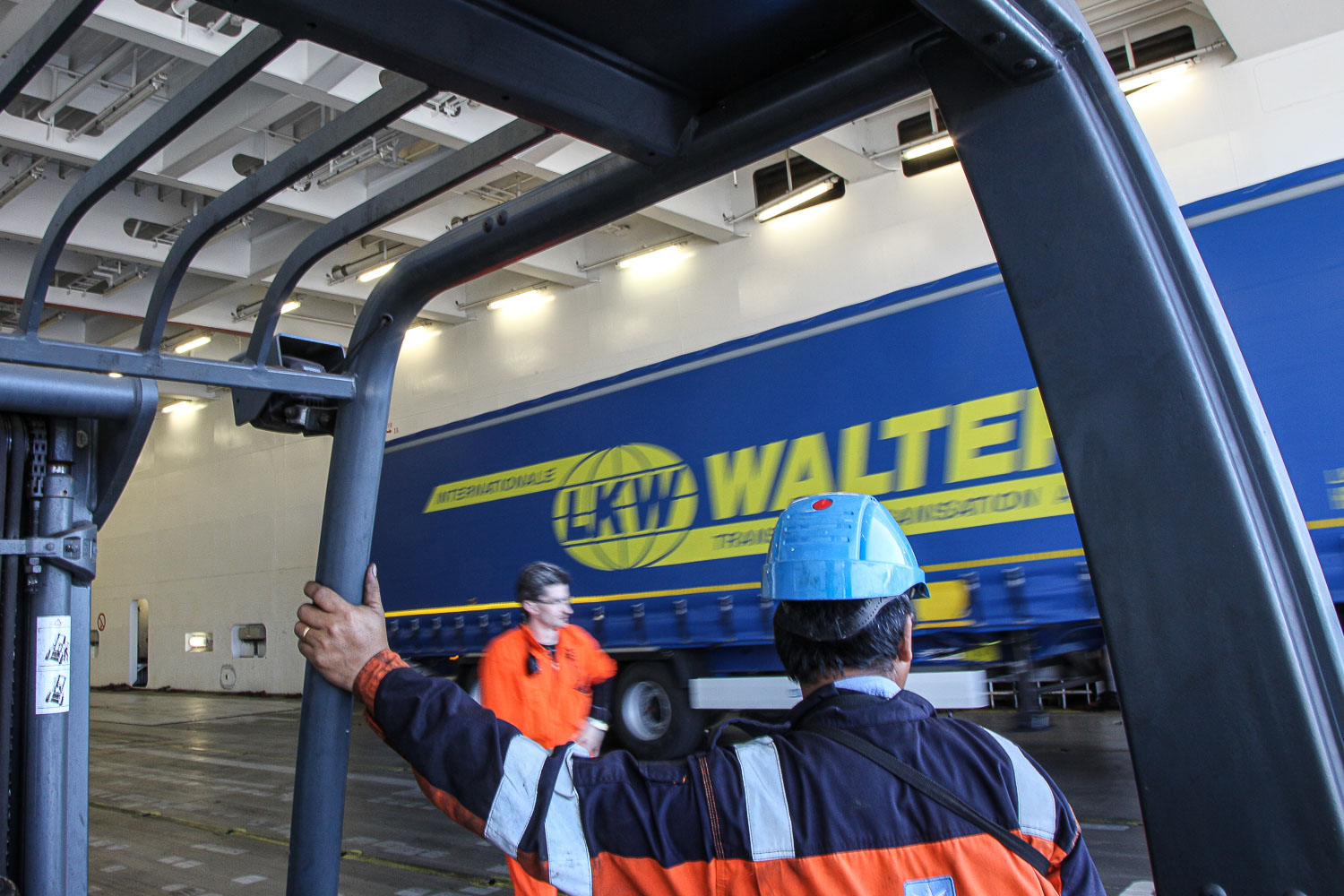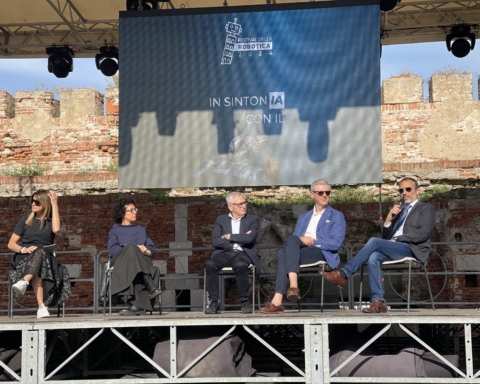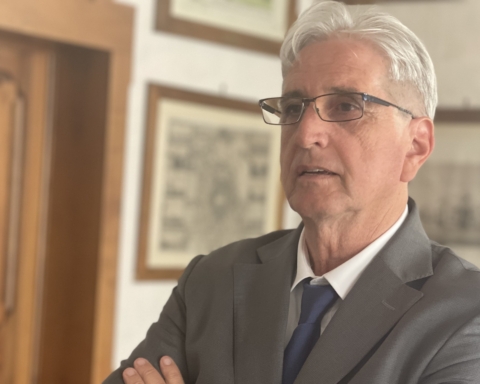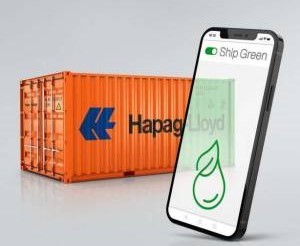The historical moment we’re living in is characterized by profound, sudden changes that inevitably and significantly affect the labour market and companies’ professional needs.
Just think, for example, of the impact that digitization has had on the workplace: an impact that has been so significant that, in some instances, it has made certain professional figures “obsolete” yet, at the same time, has “created” new ones.
Alternatively, if you consider the increasing attention to the environment and energy resources, and in general to the Green Economy concept, this has led to a greater demand for specific skills in the environmental and energy sector.
Last but not least, the upheaval caused by the Covid-19 pandemic at global level in every sector – economic, social and manufacturing- is clear for all to see and is bringing to light needs (and shortcomings) that until recently were considered substantially marginal and that are actually proving to have a strong impact on every organizational process in companies, including those in the port-logistics-maritime sector.
It is therefore obvious that there have been developments in terms of the professional expertise companies require, both for staff already on the payroll and for new employees. This determines a corresponding change in training needs.
In this context, in the specific case of companies operating in the port, maritime and logistics sector, which is often characterized by workers’ skills being obsolete, increasingly high-level, cross-sector skills are proving to be essential. This is to be able to promptly respond to the many organizational, technological, environmental, economic and social changes currently taking place, and allow companies to become increasingly competitive on the international market.
In fact, one of the main critical points in port terminals, logistics companies and, in general, in the entire maritime cluster, compared, for example, to Northern European countries, is the low level of digitalization and automation of operations and management aspects. This is why, in close correlation with the current technological scenario, all the skills typical of Industry 4.0, relating, purely by way of example, to cybersecurity, Big Data analysis, IoT and automation, become essential.
Not only that, but also as far as management is concerned, there is a need for greater enhancement and acquisition by companies of all those competences linked to soft skills, in particular those relating, among others, to strategic management, human resources, project management and project financing.
In addition, increasing attention is being paid globally to energy, environmental, economic and social sustainability issues, forcing us to reconsider the types of skills which need to be acquired.
In order to bridge the gap and encourage companies to become increasingly internationally competitive, we have to intervene by addressing and focusing the training of workers on these issues, i.e.digitalization and automation applied to processes, new tools to support management and skills related, to a greater or lesser extent, to the green economy.
We are convinced that the 1st level Master degree course in Smart and Sustainable Operations in Maritime and Port Logistics, developed in collaboration with Pisa University’s Logistics faculty, the Maremma and Tyrrhenian Chamber of Commerce and Federmanager (Italian managers’ association- translator’s note), goes in this direction.
The degree course aims to provide participants with a “tailor-made” multidisciplinary training that meets the specific needs of companies and organizations operating in the maritime and port logistics sector. The program consists of both lectures, which will follow an interactive and participatory approach, plus 500 hours of on-the-job activities (internships or project work) at cluster companies.
The Master programme focuses on the sustainability of the logistics system, technological frontiers, with particular emphasis on the digitalization of processes, cybersecurity, Big Data, IoT and Automation. Finally, to complete the training package, in two specially designed modules, the course deals with aspects related to legislation and contracts in the sector of reference, management tools and strategic planning.
Translation by Giles Foster




